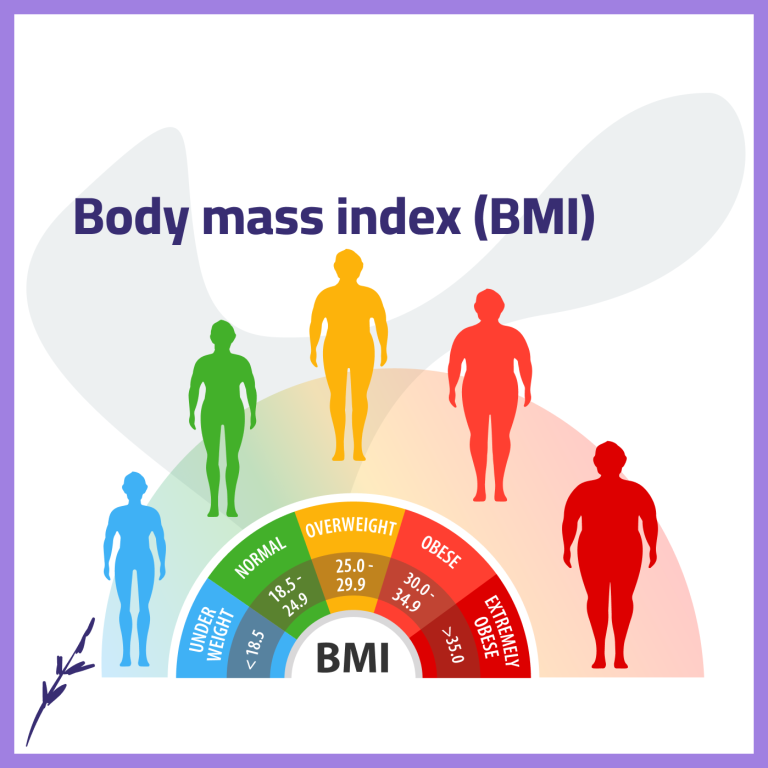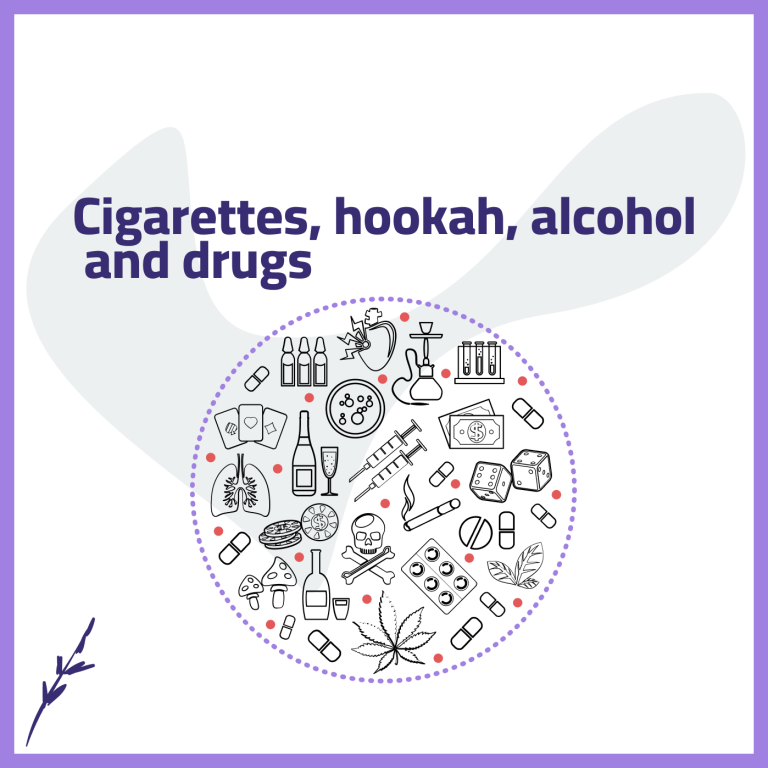Lifestyle modification to maintain reproductive health
Reproductive health in both women and men is shaped by a wide range of biological, hormonal, and environmental factors. Among all of these influences, lifestyle choices play one of the most powerful and controllable roles. Daily habits related to nutrition, physical activity, stress management, and the avoidance of harmful substances can either support fertility or gradually undermine it. By making thoughtful and sustainable lifestyle changes, many fertility-related problems can be prevented, and the chances of successful conception can be significantly improved.
Modern life often exposes individuals to poor dietary patterns, physical inactivity, chronic stress, and unhealthy habits such as smoking or excessive alcohol consumption. Over time, these factors can disrupt hormonal balance, reduce egg and sperm quality, and negatively affect the overall function of the reproductive system. Fortunately, lifestyle is also one of the most modifiable aspects of reproductive health.
The Importance of a Healthy and Balanced Diet
Nutrition is a cornerstone of reproductive health. The reproductive system is highly sensitive to nutrient availability, oxidative stress, and inflammation. A diet rich in whole, fresh, and nutrient-dense foods provides the building blocks needed for healthy hormone production, egg maturation, sperm development, and successful implantation.
Fresh fruits and vegetables are essential components of a fertility-supportive diet. They are rich in vitamins, minerals, fiber, and antioxidants, which help protect reproductive cells from oxidative damage. Antioxidants such as vitamin C, vitamin E, and beta-carotene play an important role in preserving the DNA integrity of eggs and sperm.
Foods rich in omega-3 fatty acids are particularly beneficial for reproductive health. Fatty fish such as salmon, sardines, and mackerel, as well as plant-based sources like walnuts, chia seeds, and flaxseeds, help reduce inflammation and support cell membrane health. Omega-3 fatty acids have been linked to improved sperm motility and morphology in men and better egg quality and hormonal balance in women.
On the other hand, processed and ultra-processed foods should be limited as much as possible. These foods often contain trans fats, refined sugars, preservatives, and artificial additives that can disrupt endocrine function. Regular consumption of processed foods is associated with insulin resistance, inflammation, and hormonal imbalances—all of which can negatively affect fertility.
Including plant-based protein sources such as beans, lentils, chickpeas, nuts, and seeds is also beneficial. These foods provide protein along with fiber, minerals, and phytonutrients that support metabolic and reproductive health. Replacing some animal proteins with plant-based options has been associated with improved fertility outcomes, particularly in women.
The Role of Exercise in Reproductive Health
Regular physical activity is another key pillar of a healthy lifestyle for fertility. Exercise supports reproductive health by improving circulation, regulating hormones, enhancing insulin sensitivity, and reducing stress. However, the type, intensity, and consistency of exercise matter greatly.
Pelvic-strengthening exercises, such as Kegel exercises, are especially helpful for reproductive health. These exercises improve blood flow to the pelvic region, support the reproductive organs, and strengthen the muscles involved in sexual and reproductive function. Improved pelvic circulation helps deliver oxygen and nutrients to the ovaries, uterus, and testes.
Practices such as yoga and Pilates offer unique benefits for fertility. Beyond physical strength and flexibility, these exercises promote relaxation, stress reduction, and mind–body awareness. Yoga, in particular, has been shown to support hormonal balance and improve menstrual regularity by calming the nervous system.
Aerobic activities like walking, swimming, cycling, and moderate running help strengthen the cardiovascular system and increase overall blood flow, including to the reproductive organs. Improved cardiovascular health supports efficient hormone transport and metabolic function. The key is moderation—excessive or very intense exercise can have the opposite effect and may suppress ovulation or reduce sperm quality.
Avoiding Harmful Habits That Affect Fertility
Certain lifestyle habits can severely impair reproductive health and should be avoided when trying to conceive or maintain fertility.
Smoking is one of the most damaging habits for both male and female fertility. Cigarettes contain thousands of toxic chemicals that can damage the DNA of eggs and sperm. In women, smoking accelerates ovarian aging and reduces egg quality. In men, it decreases sperm count, motility, and morphology. Smoking is also associated with higher risks of miscarriage and genetic abnormalities.
Alcohol consumption can interfere with fertility by disrupting hormone levels and reducing the body’s ability to absorb essential nutrients. In women, alcohol can interfere with ovulation and increase the risk of miscarriage. In men, it can reduce testosterone levels and impair sperm production. Limiting or avoiding alcohol is strongly recommended for those concerned about reproductive health.
Hookah and other forms of tobacco are not safer alternatives to cigarettes. They expose the body to high levels of nicotine, carbon monoxide, and heavy metals. These substances can reduce sperm motility, damage egg quality, and increase the risk of reproductive disorders.
Stress and Its Impact on Reproductive Health
Chronic stress is a significant but often underestimated factor affecting fertility. Psychological stress activates the body’s stress response system, increasing the release of cortisol. Elevated cortisol levels can suppress reproductive hormones and interfere with ovulation, sperm production, and sexual function.
Managing stress through techniques such as meditation, deep breathing, yoga, mindfulness, and adequate rest can help restore hormonal balance. Reducing stress not only supports reproductive health but also improves overall well-being and quality of life during the fertility journey.
Conclusion
Lifestyle plays a central role in reproductive health for both women and men. A healthy and balanced diet, regular and moderate exercise, avoidance of smoking and alcohol, and effective stress management can dramatically improve fertility potential and protect long-term reproductive function. These changes do not require perfection, but rather consistency and awareness.
By adopting a fertility-supportive lifestyle, individuals and couples can enhance their chances of successful conception, reduce the risk of reproductive disorders, and support their overall physical and emotional health. Small, intentional daily choices can create a strong foundation for reproductive wellness and a healthier future.






Like7777, eh? Sounds lucky. Hope it actually is! I’m tired of losing, need some good juju. Fingers crossed! 🙏 like7777